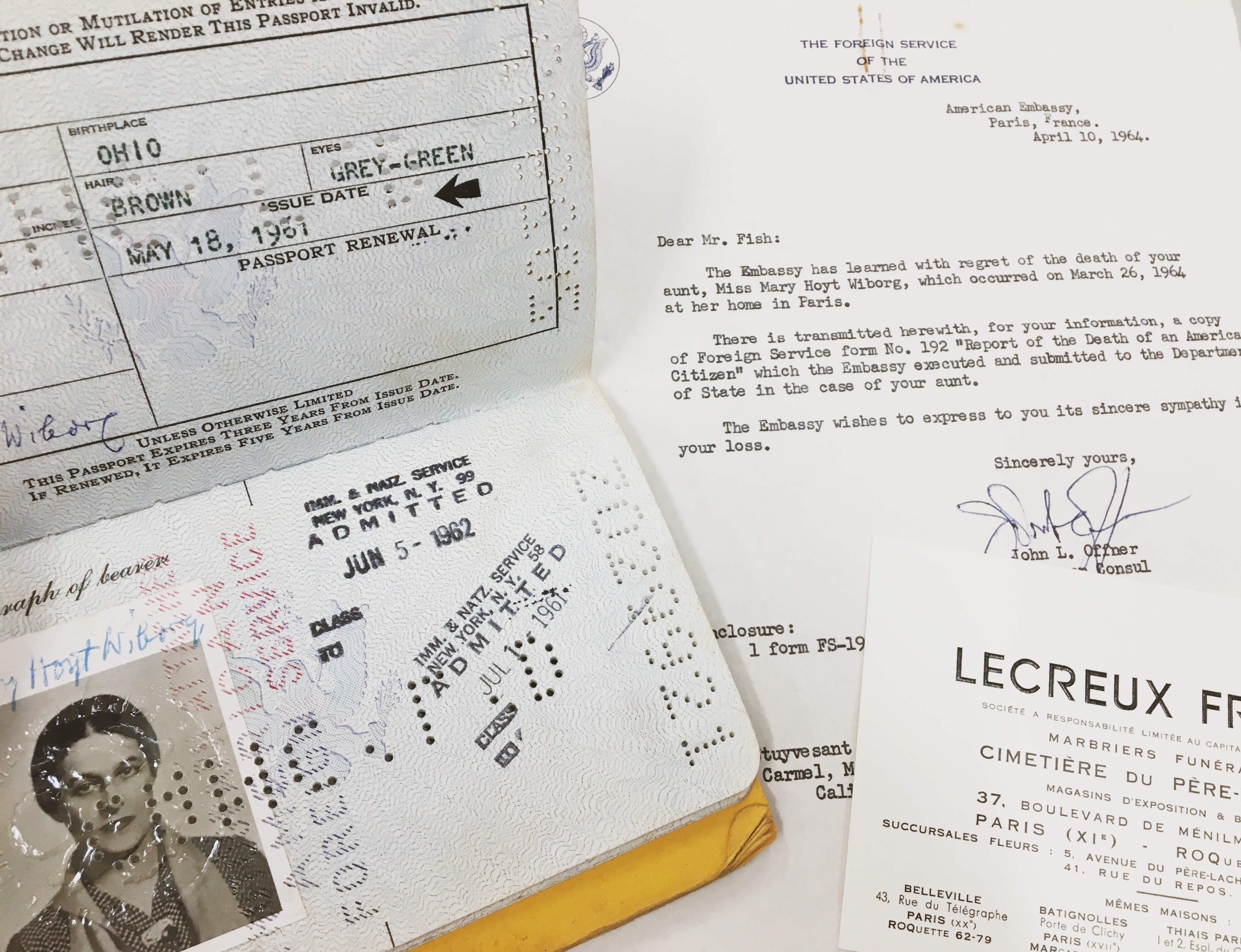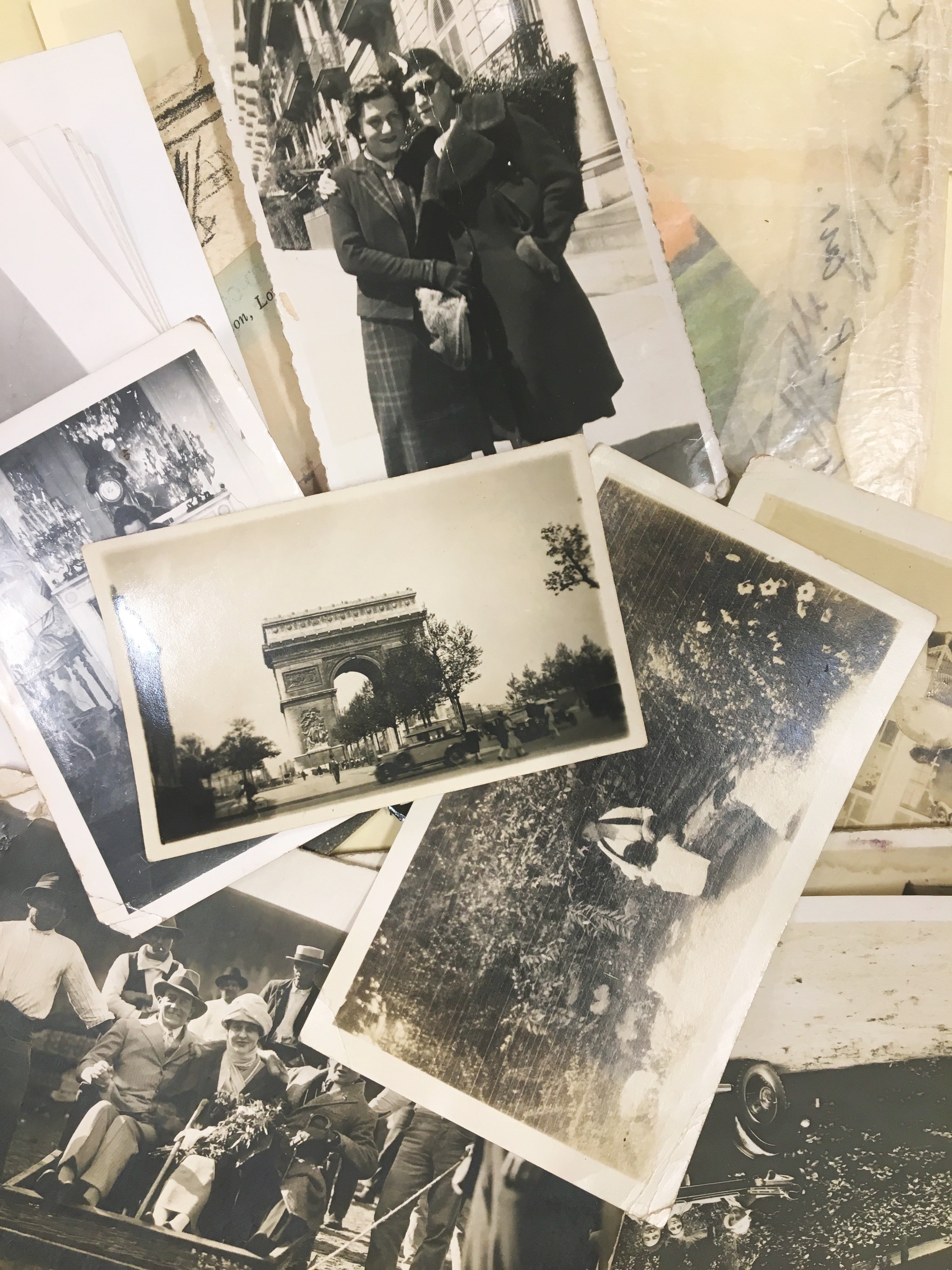The Beinecke Library is pleased to announce the acquisition of the Mary Hoyt Wiborg Papers; the papers were donated to the Yale Collection of American Literature by Mrs. Stuyvesant Fish.
Mary Hoyt Wiborg (1-28-1888 – 3-27-1964) was a playwright, arts patron, and socialite who lived in New York City and as an expatriate in Paris. Her 1922 play, Taboo, starred a mostly black cast, including Paul Robeson in one of his first stage roles.
In Paris, Mary Hoyt Wiborg—who was often called “Hoytie”—won the French Medal of Honor for service in World War I; during the second World War, she worked for the French Red Cross. According to her obituary in the New York Times, Hoytie Wiborg was “named honorary corporal in the 213th Regiment of the French infantry and was its ‘marraine,’ or godmother…. She subsequently was active in the Resistance movement and was made a Chevalier of the Legion of Honor.”
The Mary Hoyt Wiborg Papers include correspondence from friends and associates including Jean Cocteau, Noel Coward, Mamie Eisenhower, George Gershwin, Mary Pickford, and Eleanor Roosevelt, among others, as well as business documents, personal papers, and photographs.
Perhaps the richest aspect of the Papers is the Wiborg family correspondence it includes. The collection includes letters to and from Hoytie to many members of her immediate and extended family, including her sisters Sara Wiborg Murphy and Olga Wiborg Fish. The letters include Hoytie’s correspondence with her nephew, Stuyvesant Fish, who inherited the papers upon Hoytie’s death. This substantial body of correspondence spans nearly half the 20th century, beginning in 1918 with Hoytie’s letters to her father, Frank Bestow Wiborg, and concluding in 1963, with letters to her nephew, Stuyv.
Of special significance to scholars and historians will be Hoytie’s letters home about her experiences as a nurse in France during World War I. Recording her impressions of working as one of just a few staff at a frontline hospital and offering accounts of her patients’ wounds and suffering in harrowing detail, these letters provide a significant first person account.
Related materials in the Yale Collection of American Literature include the Gerald and Sara Murphy Papers (YCAL MSS 468). For additional information about the Mary Hoyt Wiborg Papers, please contact curator Nancy Kuhl.


